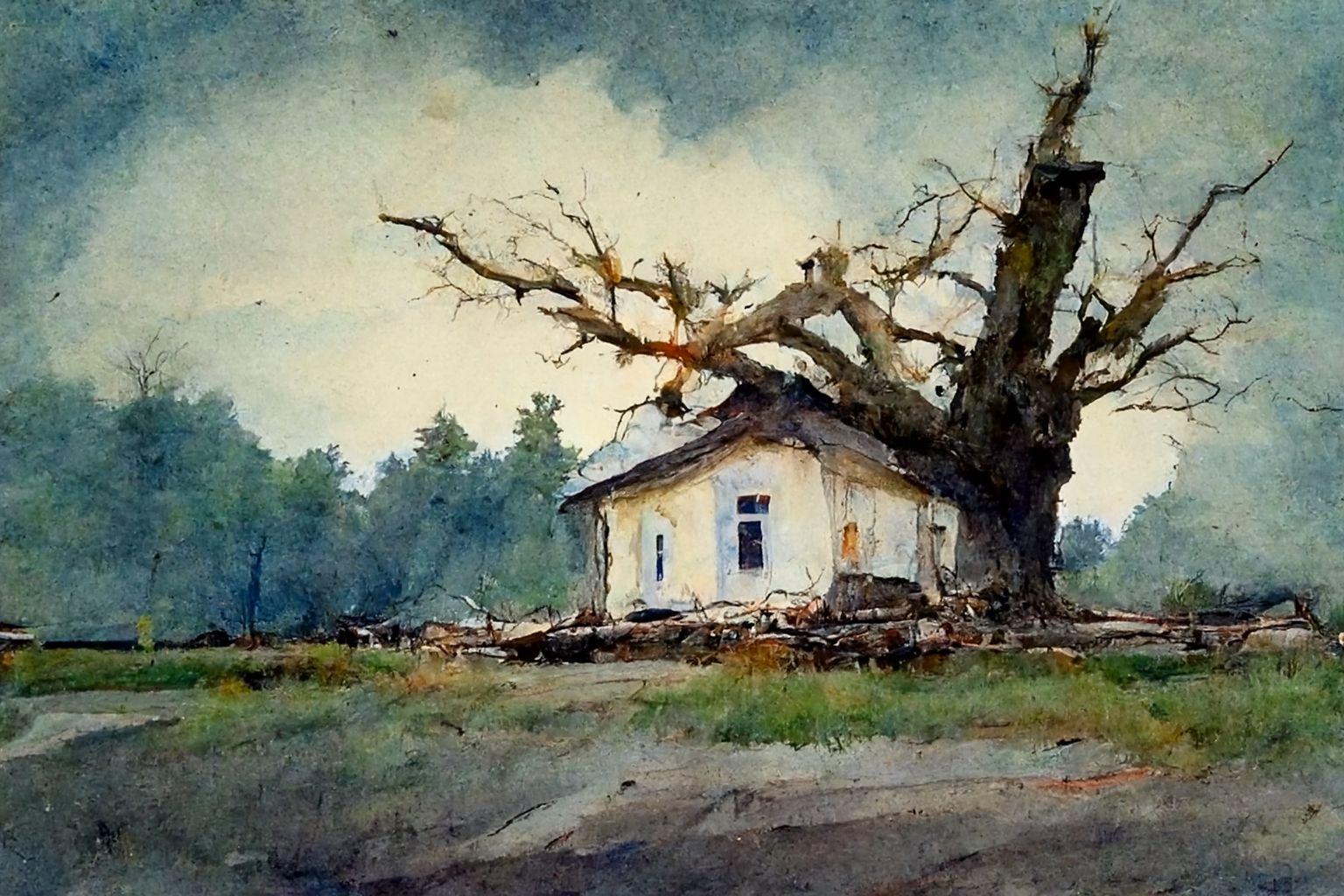Responding to the Reoccurring Tragedy
The most widespread and impactful change will come from those charged to lead us.

Countless thoughts have been running through my head around the Parkland shooting. Calling it a "senseless tragedy" is a platitude, since every shooting has been a senseless tragedy. Let's call it what it is: a recurring tragedy. A systemic problem that needs to be addressed.
Megan Devine writes in her book It's Ok That You're Not Ok: Meeting Grief and Loss in a Culture that Doesn't Understand:
"When someone comes to you in your pain and says 'I can't even imagine,"' the truth is: they can imagine. Their brains automatically began to imagine... Faced with this visceral knowledge that we, too, could be in a similar situation, we shut down our empathy centers. We deny our connection. We shift into judgement and blame."
The judgment and blame are so obvious and forceful that it's sickening. If only law enforcement had done something about the shooter. If only schools had tighter security. If only the survivors would stop turning this "senseless tragedy" into a platform.
I can imagine and I am terrified and hopeless for my children. I can imagine, as a parent, that losing my child would rip me apart. I can imagine going through every moment for the rest of my life without my child there, and the pain that I would live in day after day. After day. After day. Grief that they will carry forever. All loss is unique, and I don't pretend that anything I have written about before around grief would compare to the pain of the parents of the 17 children who died in Parkland.
I don't know how to talk to my children about how school shootings, because I don't want to scare them. The school superintendent sent an email reassuring us that safety is the district's #1 priority. Our school doors are locked and require all visitors to be buzzed in, but does that prevent someone from getting in — or a student from bringing a gun to school? And the truth is, that shootings have also happened in movie theaters. In malls. And in mass crowds out in the open. We are exposed everywhere we go.
I cannot say anything that hasn't already been said. An overwhelming majority of American support gun reform. No one needs automatic rifles. Politicians are in the pockets of the NRA. Mental health is absolutely part of the conversation, but so is hate. Other countries do not have this issue. Hypocrisy is running rampant with news stories, tweets, and collective inaction that begins with "thoughts and prayers."
I cannot say anything new on any of those issues, and there are so many separate facets of this problem that it towers over us like a steep, daunting mountain. So instead, I want to talk about a conversation we had at dinner last night.
We have these "table topics" and every evening we draw a card or two from the box and answer the question. The topics vary from very simple, like "what is your favorite summer activity?" to questions that require more thought. Last night was one of the latter. The question was:
Have you ever stuck up for someone when they needed help?
The kids could not think of any examples. I was a bit at a loss also - unable to think of any one-on-one situation in the vast recesses of my childhood memories. Ger and I offered examples of times when we have fed the homeless, or donated to charities: a somewhat loose interpretation of the question. Finally, an answer came to me:
I help people when I vote.
I explained: There are many things we cannot directly control, no matter how much we want to help. We rely on the people in our government to make the decisions to enact and enforce our laws and make our country better. We rely on our elected officials to represent the changes that we want to see. To help protect and care for victims, injustices, and the weakest members of our society. Right now, children in schools need our help. Moviegoers, mall patrons, and concert attendees need our help.
We belong to each other and are bound by borders, our collective culture, and a long history of co-existing. The most widespread and impactful change will come from those charged to lead us. My voice is my vote, and I want my kids to grow up believing that their votes make a difference. We can overcome some of that helplessness through a sweeping revolution in our representatives. As Glennon Doyle says:
First the pain. Then the rising.
